Google Pixel 4 Vs. Samsung Galaxy Note 10: Best Killer Features
Dhir Acharya - Oct 21, 2019
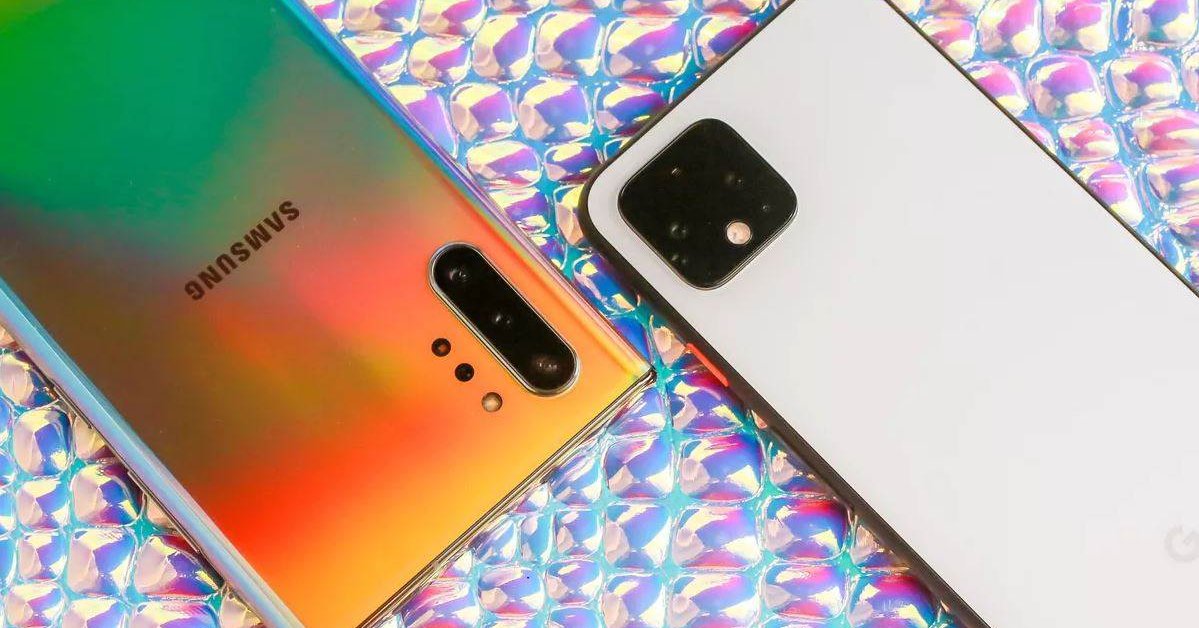
The Galaxy Note 10 was considered one of the best all-around smartphones out there, but now that Google Pixel 4 has launched, let's see how that changes.
- Anticipating the Samsung Galaxy S26 and S26+: Key Rumors and Specs
- Best Gaming Phones 2025: Top Devices for Mobile Gaming
- Samsung Odyssey 2025 Gaming Monitors Launch in India with Revolutionary Features
Samsung Galaxy Note 10, which was announced in early August, is currently one of the best smartphones out there. The phone has a sleek design, great performance, as well as excellent battery life. The phone lacks the headphone jack, but its benefits well outweigh its trade-offs, considering its price tag ($950).
But now, Google has launched its Pixel 4 at a price of $800 that can compete with the Note 10 thanks to its impressive camera and several innovative features like the new face unlock.
And if you’re wondering which phone to buy, this article may help.

The Galaxy Note 10 is more eye-catching
There’s no denying that compared with the Note 10, Google Pixel 4 looks like a brick. The Pixel 4 missed the glass panel on the back from the previous Pixel model. However, that makes the Pixel 4 keeps less of your fingerprint than the glossy Note 10.
On the back, though the camera module of the Pixel 4 stands out more, it looks similar to that on the Huawei Mate 30 and iPhone 11 Pro.
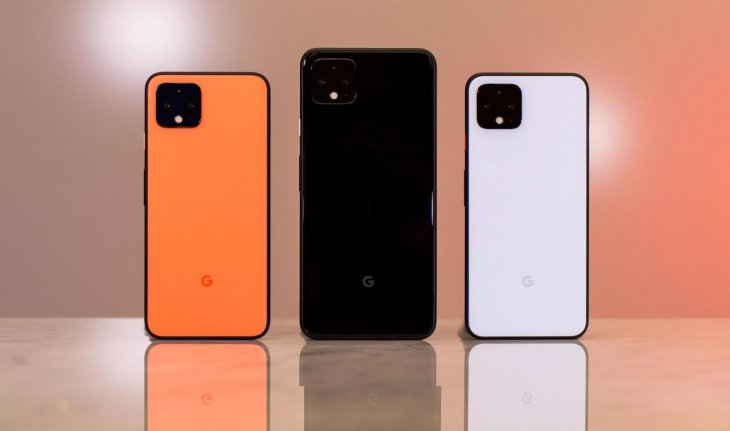
Screen
The Note 10’s display measures 6.3 inches while that of the Pixel 4 measures 5.7 inches. And the screen on the Pixel 4 has a 90Hz refresh rate, making gaming, scrolling, and transitions smoother.
However, the refresh rate wouldn’t be a decisive factor to make you buy the phone and it also drains your battery faster. But you can turn it off if you don’t want to use it and turn it on when you want. The 90Hz refresh rate has come to only a few smartphones like the OnePlus 7T, OnePlus 7 Pro, and the ROG Phone II. Samsung smartphones haven’t had this yet.
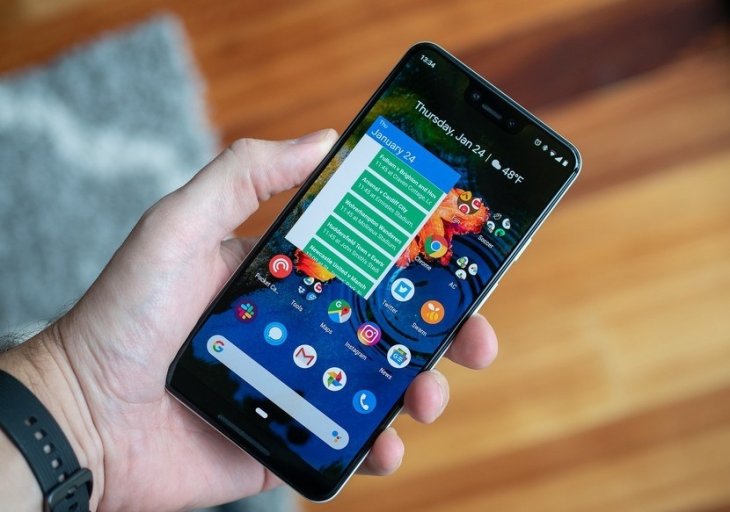
Secure face unlock vs. in-display fingerprint
The secure face unlock feature in the Pixel 4 is important because it helps get rid of the fingerprint reader and set the beginning for face unlock, which no other Android phones have got yet. Android currently has face unlock by default, but it’s not secure enough to be used for payments. The one on the Pixel 4 is.
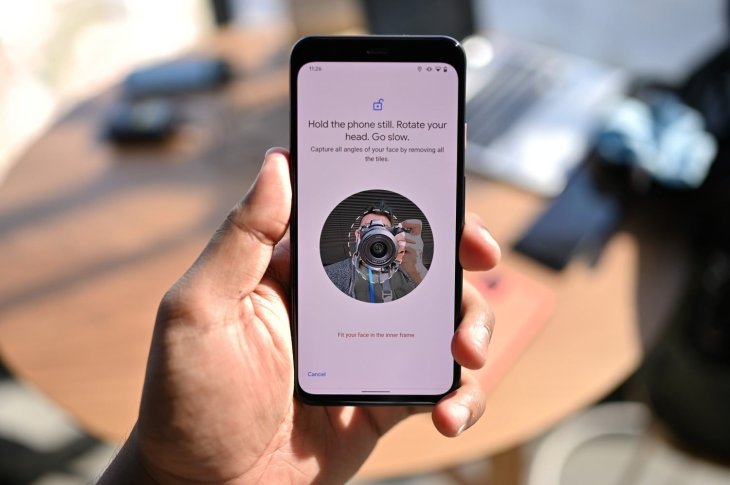
With this feature, you can unlock the Pixel 4 fast while avoiding the must to lay your finger on the phone, especially if you unlock the phones a lot of times in a day. Additionally, the secure face unlock feature on the Pixel 4 works much more accurately than the in-display fingerprint scanner on the Note 10.
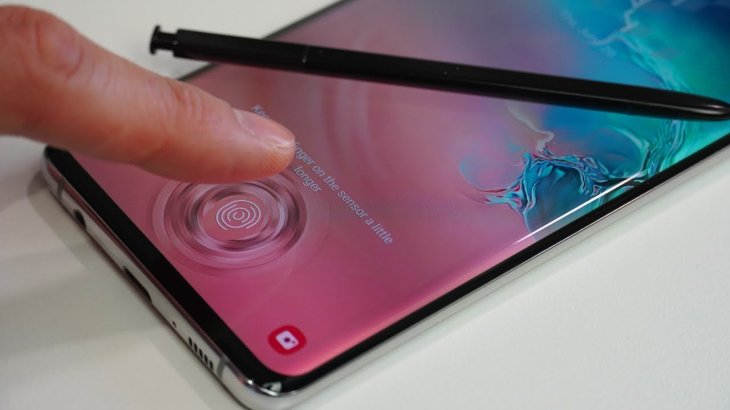
However, we need to see how the feature works in the real world to make the final conclusion of which one is better.
Gesture controls of the Pixel 4 get lots of attention
Google Pixel 4 packs Soli, a chip that helps trigger its face unlock process. Beyond that, it supports a number of gestures also, which is called Motion Sense.
Phones have had gesture navigation for a while and rely on cameras to detect where the user is. Radar, on the other hand, senses the user, hence offers a wider range for gesture controls. So far, some have proven useful, such as dismissing a call or an alarm by waving a hand in front of the phone, or lowering the sounds of notifications as you reach toward the handset before you turn it off.
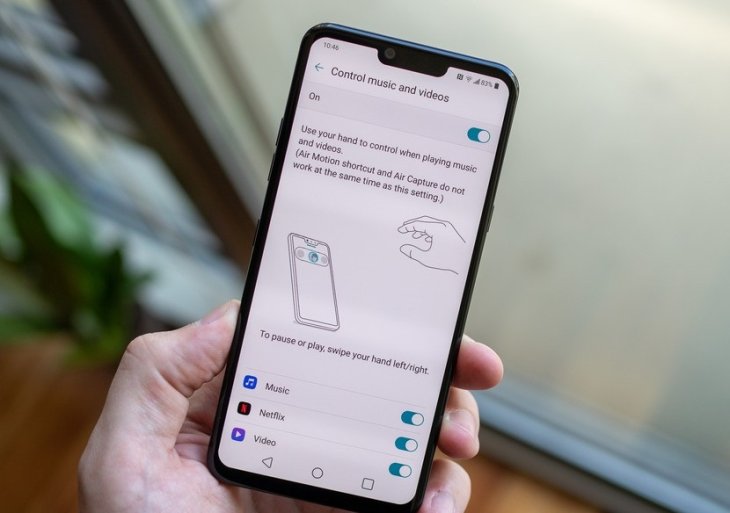
More productivity with Note 10’s stylus
The S Pen is not just a tool, it makes the Note the note. If you’re a regular user, you don’t have to pay extra to get the stylus, but if you do, you can perform many more tasks with it. The stylus is also a reminder that the Note 10 is a premium phone.
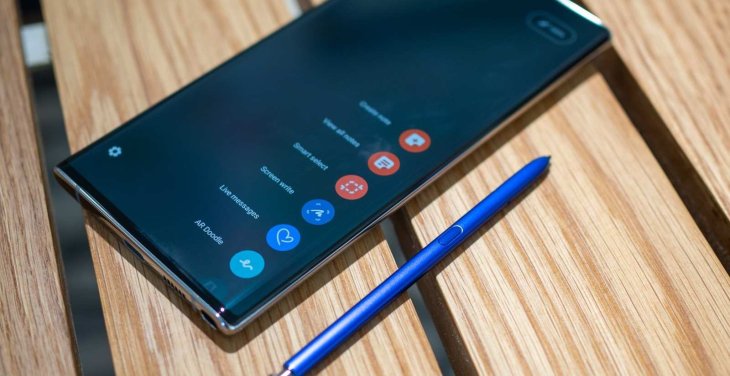
Camera: the battle of Night modes
The Pixel 4 is the first Pixel phone to have a second lens on the rear to add 2x telephoto capabilities. Meanwhile, the Galaxy Note 10 sports three cameras, including a wide-angle lens.
Though the wide-angle lens helps you take great landscape shots, the zoom photography and low-light photos take are what make the Pixel 4 stand out. It offers other features such as dual exposure as well as an astrophotography mode which kicks in automatically to help you take better shots of the stars.

Storage and battery life
Internal storage and battery life are two of the major things under consideration when it comes to buying a new phone. The Pixel 4 has a smaller battery than the Pixel 3, 2,800 mAh as opposed to 2,915 mAh. And Samsung gives the Note 10 a 3,500mAh battery. While the 4 XL houses a 3,700mAh battery, the Note 10 Plus relies on a 4,300mAh one. Sure, the Pixel device is smaller, but Samsung phones usually have an excellent battery life.
Similarly, the Pixel competitors have less storage than the Notes. In particular, the Pixel 4 offers either 64GB or 128GB memory, but the Note 10 offers 256GB storage. Both of them misses the microSD card slot.
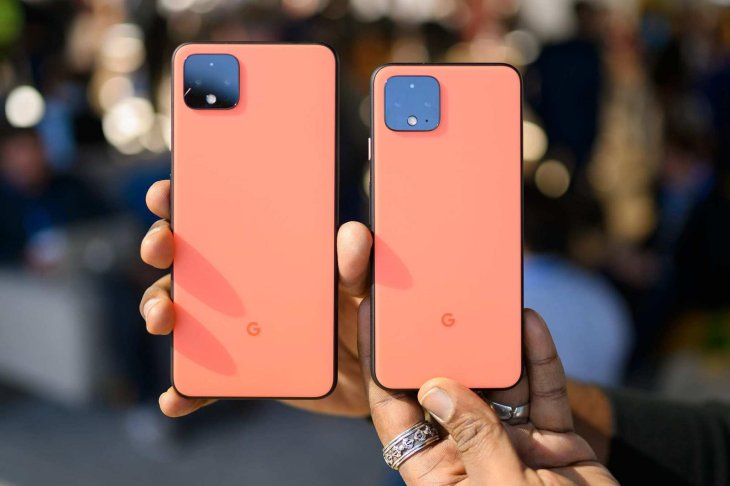
The Android advantage
One of the biggest selling points for Pixel phones is their tie with Android. Coming from Google, Pixels are always the first to get software updates as well as security patches. Furthermore, Pixels often get experimental features first before they officially come to Android.
For instance, the Pixel 4 comes with Android 10 built-in, which means its owners can enjoy systems-side dark mode right out of the box along with other new features. On the other hand, the Galaxy Note 10 runs Android 9 and that won’t likely change for a while.
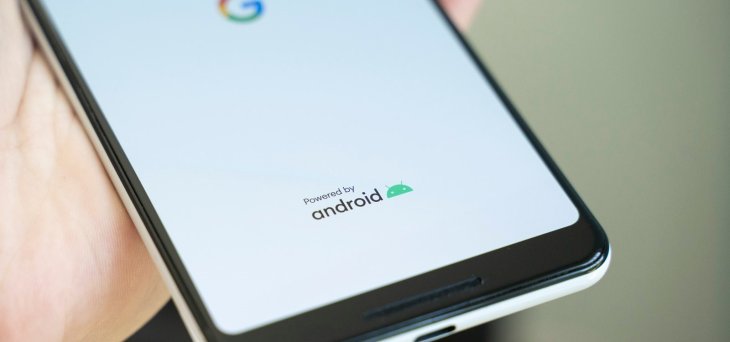
What type of users they fit
The Pixel 4 seems like it’s made for those who want advanced photography capabilities without pay a premium price. And if you like iPhone’s FaceID, you may want to try the secure face unlock on the Pixel 4.
But if you want a big screen and long battery life, the Note 10 is a better candidate. You can choose to get the stylus or not and the wide-angle camera is excellent.
Featured Stories

ICT News - Feb 18, 2026
Google's Project Toscana: Elevating Pixel Face Unlock to Rival Apple's Face ID

Mobile - Feb 17, 2026
Anticipating the Samsung Galaxy S26 and S26+: Key Rumors and Specs

Mobile - Feb 16, 2026
Xiaomi Launches Affordable Tracker to Compete with Apple's AirTag

Mobile - Feb 14, 2026
Android 17 Beta 1 Now Available for Pixel Devices

Mobile - Feb 12, 2026
What is the Most Powerful Gaming Phone Currently?

Mobile - Feb 11, 2026
Top 5 Cheap and Efficient Gaming Phones in 2026

Mobile - Jan 31, 2026
Generalist vs Specialist: Why the Redmi Note Series Remains Xiaomi's Easiest...
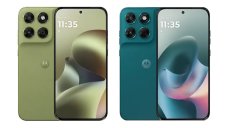
Mobile - Jan 30, 2026
Motorola Unveils Moto G67 and Moto G77: 5200mAh Battery, 6.78-Inch AMOLED Display,...

Mobile - Jan 30, 2026
Red Magic 11 Air Debuts Worldwide: Snapdragon 8 Elite Powerhouse with Advanced ICE...

Mobile - Jan 29, 2026
Guide to Sharing Your Contact Card via the mAadhaar App
Read more

Mobile- Feb 17, 2026
Anticipating the Samsung Galaxy S26 and S26+: Key Rumors and Specs
The Samsung Galaxy S26 series is on the horizon, sparking excitement among tech enthusiasts.

Mobile- Feb 16, 2026
Xiaomi Launches Affordable Tracker to Compete with Apple's AirTag
For users tired of ecosystem lock-in or high prices, the Xiaomi Tag represents a compelling, no-frills option that delivers core functionality at a fraction of the cost.

ICT News- Feb 18, 2026
Google's Project Toscana: Elevating Pixel Face Unlock to Rival Apple's Face ID
As the smartphone landscape evolves, Google's push toward superior face unlock technology underscores its ambition to close the gap with Apple in user security and convenience.
Comments
Sort by Newest | Popular